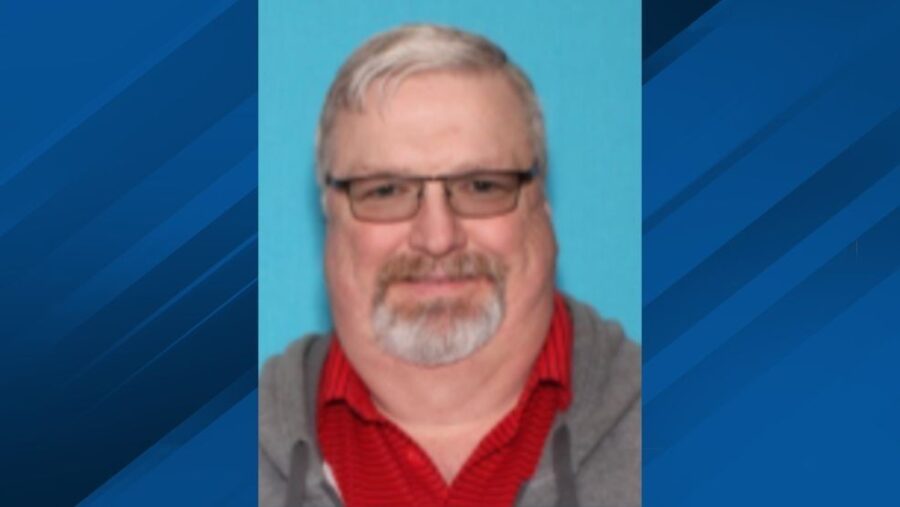
Throughout the history of the United States, federal, state, and local governments have singled out specific groups of people for persecution. Indigenous people. People of Asian descent. People of German descent. Blacks. Muslims. European immigrants. Gay people. And now transgender people. Over our nation’s almost 250-year history, political leaders have used the power of the state to condemn, marginalize, and persecute people deemed a threat to the United States. We have locked up such people in internment camps, reservations, and prisons, and when the persecuted pushed back against their persecutors, they faced state-sanctioned violence, including beatings, rapes, and murders.
Thanks to Donald Trump and his MAGA mob, along with millions of Evangelical, Mormon, and Roman Catholic Christians, transgender people — who make up less than one percent (3 million) of our population — are targeted for persecution. Some Christians think transgender people should be arrested and incarcerated in internment camps, reminiscent of the days when Japanese and German Americans were torn from their homes and incarcerated during World War II. The goal, of course, is to drive transgender people back into the closet — out of sight, out of mind, never to be seen again.
It is easy for people with privilege such as heterosexual whites to say to transgender people, “Stand up for your rights!” However, demographically, transgender people are such a small part of our population that it is unlikely that they have the political and cultural power to stand their ground (without risking physical harm or death). Transgender readers of this blog have repeatedly told me that all they want is to be left alone. They want to live without being singled out for who and what they are. They want the same rights and protections as their non-transgender neighbors.
Sadly, bad times lie ahead for transgender people. Donald Trump and his merry band of bigots fully intend to erase transgender people not only from the government, but society in general. They will not rest until we return to the days when people didn’t understand the difference between biological sex and gender; back to a day when LGBTQ people were labeled deviants and child molesters.
So what are transgender people to do? They have little to no political power. I fear many of them will withdraw from our society out of fear of what could happen to them if they publicly lived openly and authentically as transgender people (no different from what heterosexual people do). Their small numbers are no match for angry mobs of transphobes who want to destroy their lives. It is up to non-transgender Americans to join with them if there is any hope for transgender people to ever have the peaceable lives they desperately wish to have.
Transgender people aren’t asking for special rights or to be treated differently from others. All they want is to be left alone so they can live lives free of persecution, harassment, and violence. Is that not all any of us wants?
Bruce Gerencser, 68, lives in rural Northwest Ohio with his wife of 47 years. He and his wife have six grown children and sixteen grandchildren. Bruce pastored Evangelical churches for twenty-five years in Ohio, Texas, and Michigan. Bruce left the ministry in 2005, and in 2008 he left Christianity. Bruce is now a humanist and an atheist.
Your comments are welcome and appreciated. All first-time comments are moderated. Please read the commenting rules before commenting.
You can email Bruce via the Contact Form.








